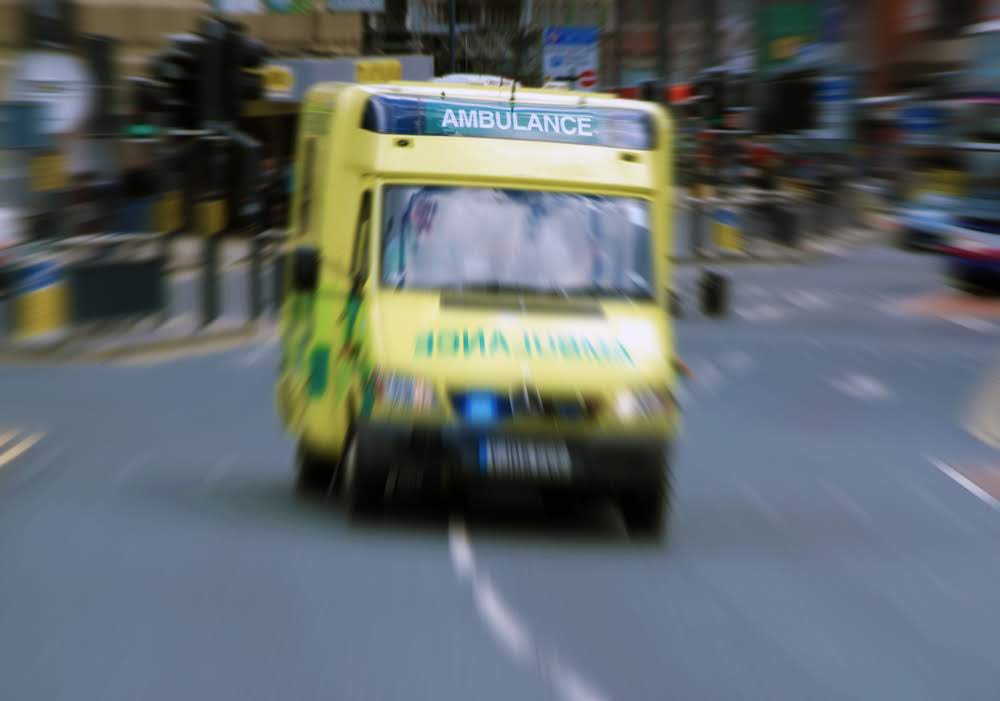One of the largest providers of 999 support in England has gone into administration, affecting multiple NHS trusts
SSG UK Specialist Ambulance Support Ltd, who provide 999 emergency and non-emergency transportation for the NHS, were put into administration last week.
The company provides services for ambulance trusts across the country including South central, East of England, North East and London.
South East Coast Ambulance Trust (SECAmb) have approached other private ambulance companies to ensure patient services are maintained, to cover the 15% of its 999 calls affected by the collapse.
The most recent company accounts for SSG UK in 2017 revealed a £250,000 net loss, but its financial position worsened over recent months, partly due to a fall in NHS work after the NHS changed its performance targets.
This story is the most recent in a catalogue of contract failures between the NHS and private ambulance companies highlighting the insecurity associated with outsourcing these vital services.
sign up to stay in touch with our news, analysis and investigations about our healthcare services
Private ambulances used throughout the NHS
At the end of August, it was revealed that the NHS England was spending upwards of £92 million in the last year on private ambulances and taxis for transporting patients. Increasingly, NHS Trusts in England are relying on private ambulances for responding to emergency calls.
Press Association research from freedom of information requests found in some parts of the South of England, 1 in 5 emergency calls were resulting in private ambulances being sent out.
The East of England Ambulance Service NHS Trust’s reliance on private ambulances for emergency calls doubled in 2018/19 compared to last year, up to 26,428 call outs.
Damaging impact
In March 2019, the CQC produced a damning report that warned of patients being put at risk as a result of a reliance on privately run ambulance services. Levels of staff training varied hugely and DBS checks were not being consistently carried out. Staffing, safeguarding, medicine management and vehicle/equipment maintenance all had concerns flagged up.
Dear Reader,
If you like our content please support our campaigning journalism to protect health care for all.
Our goal is to inform people, hold our politicians to account and help to build change through evidence based ideas.
Everyone should have access to comprehensive healthcare, but our NHS needs support. You can help us to continue to counter bad policy, battle neglect of the NHS and correct dangerous mis-infomation.
Supporters of the NHS are crucial in sustaining our health service and with your help we will be able to engage more people in securing its future.
Please donate to help support our campaigning NHS research and journalism.



Comments are closed.